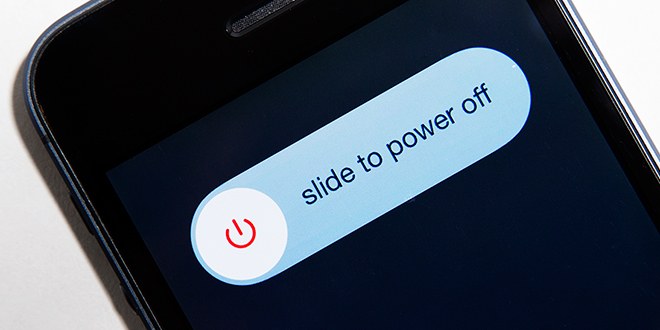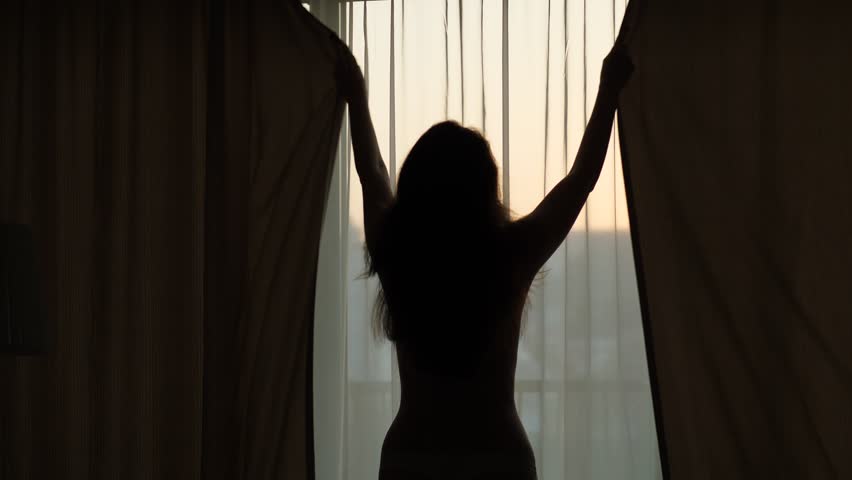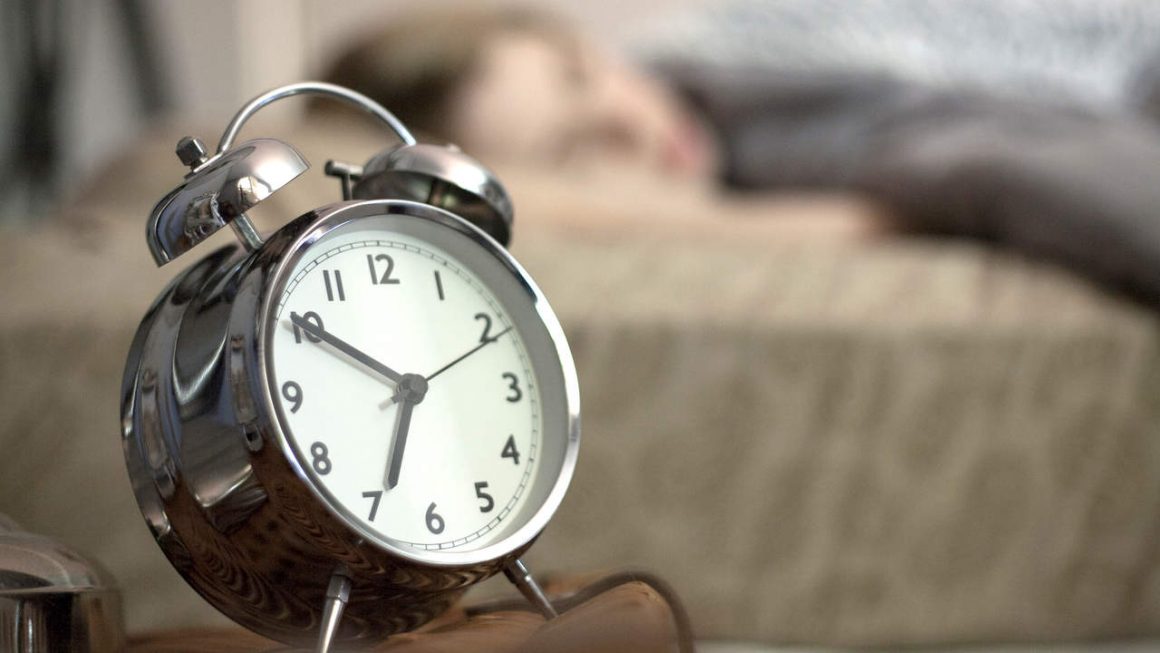According to the NHS 1 in 3 of us suffer from poor sleep. Poor sleep doesn’t just lead to tiredness and bad moods during the day, over a prolonged period of time poor sleep can put you at risk of serious medical conditions including obesity, heart disease and diabetes – and it can shorten your life expectancy. That means it’s really important for your mental and physical wellbeing to be getting enough good quality sleep. We’ve put together our top 10 ways to do just that.
Have a cup of chamomile tea before bed

Chamomile has been used for centuries to treat a number of issues. Today it is most used as a sleep aid. Chamomile has a mild tranquillizing effect and helps to calm you and reduce stress & anxiety meaning you can sleep better.
Chamomile is widely available, as loose leaf or in tea bags, and is quick and easy to make.
Drop some lavender oil on your pillow

Lavender is one of the most well-known sleep-inducing essential oils.
Plus there’s science to back up this holistic theory, one study found that lavender led to increased slow-wave sleep, instrumental for slowing heartbeat and relaxing muscles.
Set your thermostat to 16-18 degrees Celsius

Your body heat peaks in the evening and then drops to its lowest levels when you’re asleep, so a cool 16-18°C (60-65°F) is thought to be an ideal temperature in a bedroom. Temperatures over 24°C (71°F) are likely to cause restlessness, while a cold room of about 12°C (53°F) will make it difficult to drop off.
So try setting your thermostat to an ideal sleeping temperature and see if it makes a difference to your sleep.
Read a book

Not only does reading before bed force you to put down your gadgets – which we’ll get to – it has also been shown to significantly reduce stress. Studies have found that it only takes 6 minutes of reading to reduce stress levels, lower stress levels = better sleep. Not only does it reduce stress, it also helps you to slow your breathing and relax your muscles – both of which are useful in promoting sleep.
Reduce your caffeine intake

Bit of an obvious one, but one often forgotten about. Reducing caffeine is massively beneficial to your sleep. Researchers have actually found that caffeine may have an effect up to six hours before going to sleep. So if you’re partial to a mid-afternoon cup of coffee it may be damaging your sleep cycle, perhaps try a glass of water instead – often we feel more energised when we’re properly hydrated.
Turn off your gadgets

The problem with gadgets is the blue light they emit. Blue light is fine during the daytime, but at night it stimulates the brain tricking it into thinking it’s daytime making it harder for you to sleep. Some devices are now introducing night-shift modes which adjust the temperature of the light your gadget gives off. But if you want to be safe many specialists suggest turning your devices off an hour before you sleep and do something calming instead.
Create the ideal sleeping environment

In order to sleep well your brain likes darkness. Light inhibits the secretion of melatonin, the hormone that naturally promotes sleep. Light can be detected through your eyelids and even the skin, if your body senses this light it might think it’s daytime and stop producing melatonin, making sleep more difficult.
Keeping your room quiet also helps with getting a good night’s sleep. Unexpected noises can wake you up during a shallower cycle of sleep, so it’s a good idea to have heavy curtains, earplugs or a white noise machine if you live in an extremely busy area.
Exercise

Exercise can help you sleep better for several reasons. Obviously, it tires you out and uses up energy. But also exercise triggers an increase in body temperature, and the post-exercise drop in temperature may promote falling asleep, especially if performed during the afternoon/early evening. Exercise may also reduce insomnia by decreasing arousal, anxiety and depressive symptoms.
Evening meditation/yoga

Meditation is wonderful for reducing stress which, as previously mentioned, helps you to sleep more easily. Mindfulness meditation involves focusing on your breathing and then bringing your mind’s attention to the present without drifting into concerns about the past or future meaning you break the train of everyday thoughts and worries. These thoughts and worries are often the cause of sleepless nights to having a technique to turn off from them could be very useful.
Similarly, yoga is also a wonderful way to wind down before bed. The focus on breathing and relaxing into poses calms both your mind and body leading to better sleep.
Create a sleep schedule

Having irregular sleep patterns can leave your body confused and unbalanced. By having a consistent bedtime and wake up time you can take control of your internal body clock, and train your body to know when it’s time to sleep and when it’s not.
Do let us know if you’re going to try any of these tips out.
Looking for more ways to look after yourself take a look at our feature on simple ways to de-stress.











